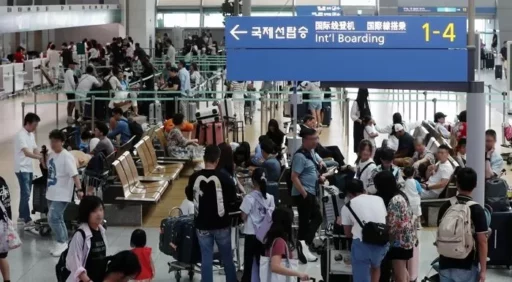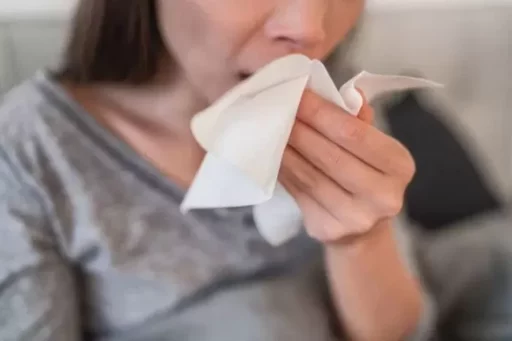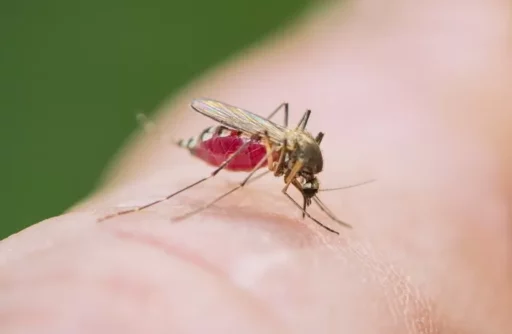Precautions Against Infectious Diseases During Overseas Travel in Summer Vacation Season
As the summer vacation season officially begins, the number of overseas travelers is increasing. However, various infectious diseases, such as whooping cough and dengue fever, are spreading in different parts of the world, making it essential for travelers to manage their health carefully.
Infectious diseases occurring in popular travel destinations can lead to domestic outbreaks upon return, so adherence to preventive measures is crucial.

According to the medical community on the 2nd, whooping cough is a highly contagious respiratory infection, with one infected individual able to spread the virus to an average of 17 others, making it highly dangerous.
It typically starts with cold-like symptoms such as runny nose, cough, and sneezing, but progressively worsens into severe coughing fits, vomiting, and cyanosis over time. Special caution is advised for infants under 2 months old, as they face higher risks of severe disease progression and mortality.
In the United States, the number of whooping cough infections exceeded 40,000 in 2023, while Japan surpassed 43,000 cumulative cases in 2024.
In South Korea, the number of whooping cough cases is also on a sharp rise. According to data from the Korea Disease Control and Prevention Agency, the number of infected individuals was only 292 in 2023, which skyrocketed to 48,048 in the previous year, a 164.5-fold increase.

Notably, in November of last year, an infant infected with whooping cough died, marking the first reported whooping cough death in the country since statistics were maintained in 2011.
Precautions Against Mosquito-Borne Infectious Diseases When Traveling to Southeast Asia
Whooping cough can infect individuals of all ages, but predominantly affects infants, children, and teenagers under 20 years old.
In infants whose immune systems are not fully developed, severe complications such as pneumonia, seizures, otitis media, and neurological diseases can occur, with severe cases potentially leading to death, necessitating heightened caution.
When traveling to Southeast Asia, it is important to be aware of mosquito-borne infectious diseases such as dengue fever, Zika virus infection, malaria, and chikungunya.

These diseases generally exhibit similar symptoms including high fever, headache, muscle pain, and rashes. Some can progress to joint pain, bleeding, and even neurological complications, posing significant risks.
In particular, severe dengue fever can lead to life-threatening conditions such as hemorrhagic shock or organ damage. Many of these diseases either lack vaccines or have limited treatment options, so the best preventive measure is to avoid mosquito bites altogether.
Wearing long clothing, using mosquito repellents, and actively utilizing mosquito nets or screens in accommodations are crucial for minimizing the risk of infection.
Image Sources: News1, unrelated stock photo / gettyimagesbank, illustrative materials for the article / gettyimagesbank


